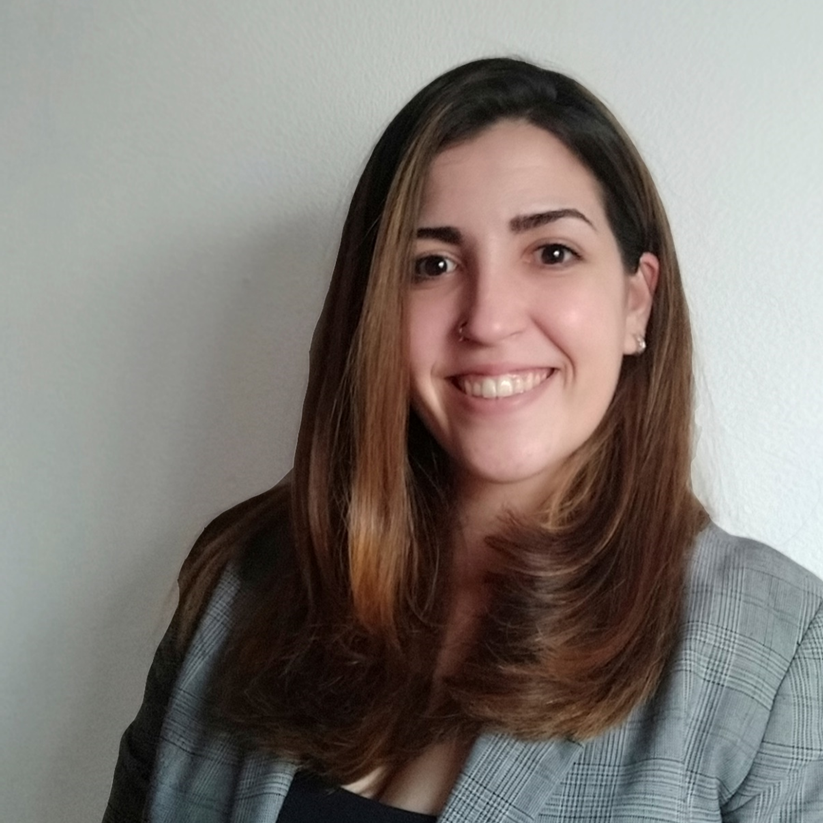Ενότητες
TIMEPAC introduction
23/5/2024 9:30–9:45 (CET) | ES
Ομιλητής:
Leandro Madrazo
Υλικό συνεδρίας
Challenges of the new Energy Performance of Buildings Directive
23/5/2024 9:45–10:00 (CET) | CA
An introduction to the recently approved Directive, a crucial tool for meeting the EU's decarbonization goals. The new legislation mandates Member States to develop national plans to ensure that all new buildings reach zero emissions by January 1, 2030. This session will focus on the use of digital models to generate Energy Performance Certificates and building Renovation Passports, and the creation of roadmaps for building renovation.
Ομιλητής:
Ainhoa Mata
Υλικό συνεδρίας
Generating enhanced EPC with BIM data
23/5/2024 10:00–10:45 (CET) | ES
The integration of BIM and EPC is a long-term goal, but it faces several obstacles, mainly those arising from the interoperability between modelling and simulation tools. To advance this integration from existing tools, TIMEPAC has developed a set of guidelines for generating an EPC from a digital model, using current technologies and adopting open interoperability standards. These guidelines cover BIM workflows for various modelling scenarios, with the aim of contributing to the establishment of protocols for energy efficiency certification applicable across the European Union.
Ομιλητής:
Álvaro Sicilia
-
Adirane Calvo
-
Benjamín González
Υλικό συνεδρίας
Διάλειμμα για Καφέ
23/5/2024 10:45–11:15 (CET)
Creating a BIM model for EPC generation: a municipal building
23/5/2024 11:15–13:45 (CET) | ES
In this hands-on session, two BIM workflows will be demonstrated using the Common Data Environment (CDE) BIMserver.center. Firstly, the IFC Builder will be utilized to create an analytical model from floor drawings, which will then be linked to the energy certification program CYPETHERM HE Plus. Following this, another workflow will be presented using a Revit model. This will involve verifying the IFC file and extracting the analytical model through the Open BIM programme. Both workflows will be applied to a practical case of renovating a public building.
Ομιλητής:
Benjamín González
Υλικό συνεδρίας
Closing
23/5/2024 13:45–14:00 (CET)
Review of the exercises
30/5/2024 9:30–10:00 (CET) | ES
Ομιλητής:
Benjamín González
Certification along the renovation process
30/5/2024 10:00–10:20 (CET) | CA
Effective management of building energy data is crucial to achieve the objective of decarbonising the energy stock of buildings by 2050. The new Directive introduces a tool to facilitate this management: the digital building logbook. This logbook serves as a repository for all building-related data, including energy certificates and renovation passports. Access to this data by owners, managers, financial institutions, and other stakeholders will streamline the decision-making processes related to building renovation.
Ομιλητής:
Ainhoa Mata
Υλικό συνεδρίας
Building renovation passport
30/5/2024 10:20–10:45 (CET) | ES
The objective of this session is to introduce the building Renovation Passport, an instrument aimed at promoting building rehabilitation included in the new EPBD. We will delve into the key components of the passport and highlight examples illustrating its implementation across various EU countries, outlining the specificities of each case. Finally, we will briefly address the benefits, challenges, and obstacles associated with implementing this tool within the European context.
Ομιλητής:
Adirane Calvo
Υλικό συνεδρίας
Διάλειμμα για Καφέ
30/5/2024 10:45–11:15 (CET)
Generating BIM for a step-by-step renovation of a residential building
30/5/2024 11:15–13:50 (CET) | ES
In this practical session, we will focus on the generation of thermal models to calculate the energy consumption and evaluate the energy performance of a residential building, both for its current state and with the proposed improvements. We will use the CYPETHERM HE Plus software for this purpose. Each renovation measure will undergo analysis from energy consumption, economic, and environmental perspectives. The economic viability of these enhancements will be assessed using the CYPETHERM Improvements Plus software, while the Construction Price Generator will provide economic values and environmental indices for each one.
Ομιλητής:
Benjamín González
-
Marta Chàfer
Υλικό συνεδρίας
Closing
30/5/2024 13:50–14:00 (CET)






